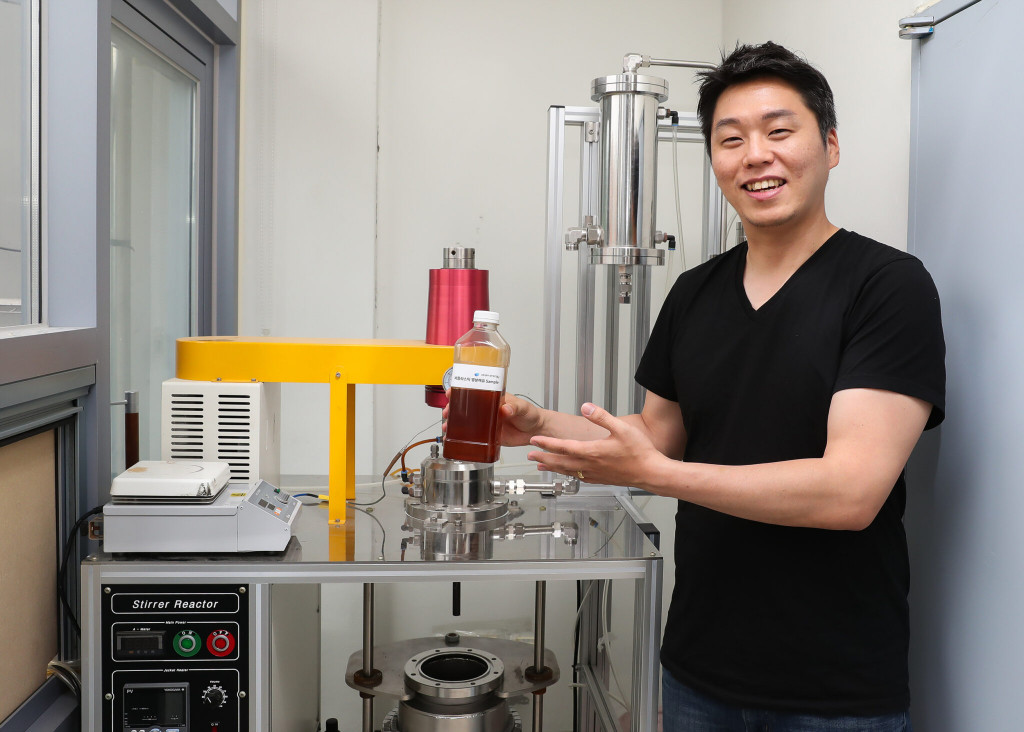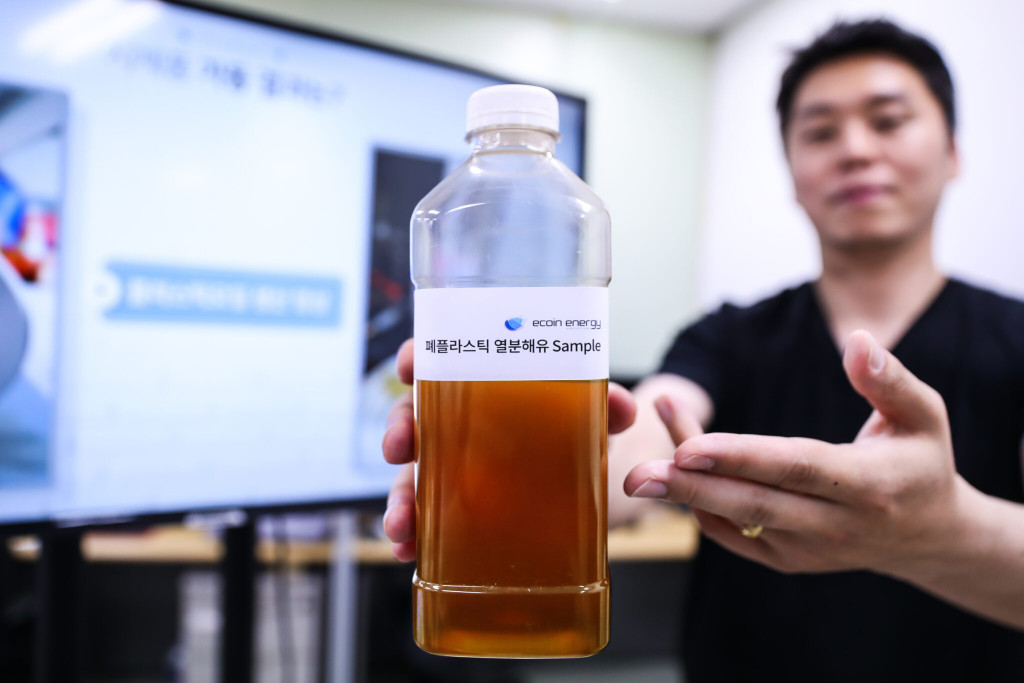Plastic waste has become a major global challenge. The amount of plastic waste continues to surge. Around 250 million metric tons of plastics are dumped each year. Only 20 percent of the waste is recycled. As the global population is cognizant that more plastic waste should be recycled overall, plastic cycling technology is getting more and more advanced and innovative. The pyrolysis technology, which is noteworthy these days, turns plastic waste into a secondary raw material called pyrolysis oil.
Global leading companies in the green energy industry have sprung up to take the lead in waste plastic recycling. Brightmark Energy, a San Francisco-based renewable energy development company, branched out from RNG into plastic recycling by taking a majority stake in Ohio-based RES Polyflow. It began plans to launch a 100,00-ton-a-year commercial-scale plastic-scrap-to-fuel facility in Ashley, Indiana. BASF (Bandische Anilin- und SodaFarbik) from Germany launched the ChemCycling project, working with partners — Quantafuel, New Energy, and Pyrum — to further develop the pyrolysis technology.
About 0.1 percent of recycled plastics are converted to reusable oil with the adoption of pyrolysis technology. As the Ministry of Environment in South Korea formed a task-force to popularize pyrolysis recycling and announced to increase the conversion rate to up to 10 percent by 2030, some swift moves are seen in the industry scene.
Ecoin Energy, Inc. is a startup which specializes in manufacturing pyrolysis liquefaction equipment, named TMR-4kC. It is a waste plastic pyrolysis emulsification device which can be moved. With this machine, you can get high quality refined fuel oil which can be used as non-condensed gas and heating fuel. It can lower the recycling price up to 80% lower and increase oil conversion yield up to 2 times compared to existing facilities.
Because waste synthetic resins are manufactured from dozens of different properties and discarded in mixed form, they are very difficult to fuel compared to a single property. Based on accumulated technology, TMR-4kC treats mixed combustible waste generated by various properties in batches to produce economically and practically pyrolysis fuel oil. The machine can break down waste plastic up to five tons a day.
As combined with the advanced Internet of Things (IoT) technology, it is also possible to remotely monitor the thermal decomposition process and install air quality measuring instruments to prepare for six harmful gases such as fine dust generated in the process. If TMR4K is distributed nationwide, it will be able to reduce waste disposal costs by more than 340 million won annually.
EcoIn Energy, Inc. signed MOU with SK Innovation and Korea Midland Power Co. Ltd. in December last year to utilize waste plastic regeneration oil. Through the agreement, it is developing technical equipment for eco-friendly disposal of waste plastic and efficient resourceization, and is pushing for high quality production to distribute production markets. The company plans to keep pace with the policy of revitalizing the domestic waste plastic pyrolysis business that the Ministry of Environment is recently pushing forward.
“We will create a new paradigm for the existing waste plastic treatment technology that has been dependent on incineration and landfill,” CEO In Lee said. “We will contribute to the government’s environment and energy circulation policy by fueling waste and supplying renewable energy with petrochemical fuel.”
Matthew Kwak
Asia Journal
▲ CEO : In Lee
▲ http://www.ecoinenergy.com
▲ ecoinenergy@ecoinenergy.com
▲ +82-42-935-5159




